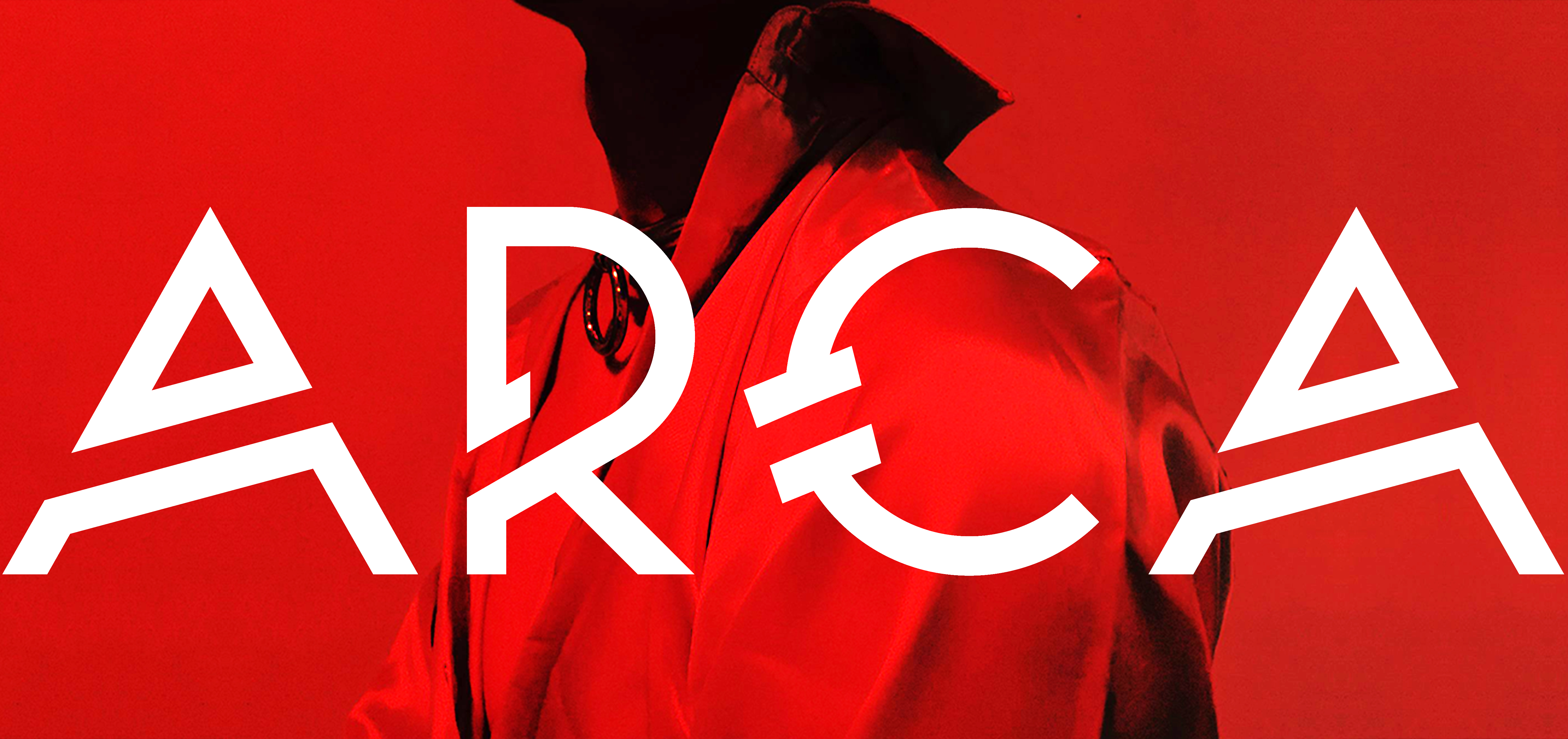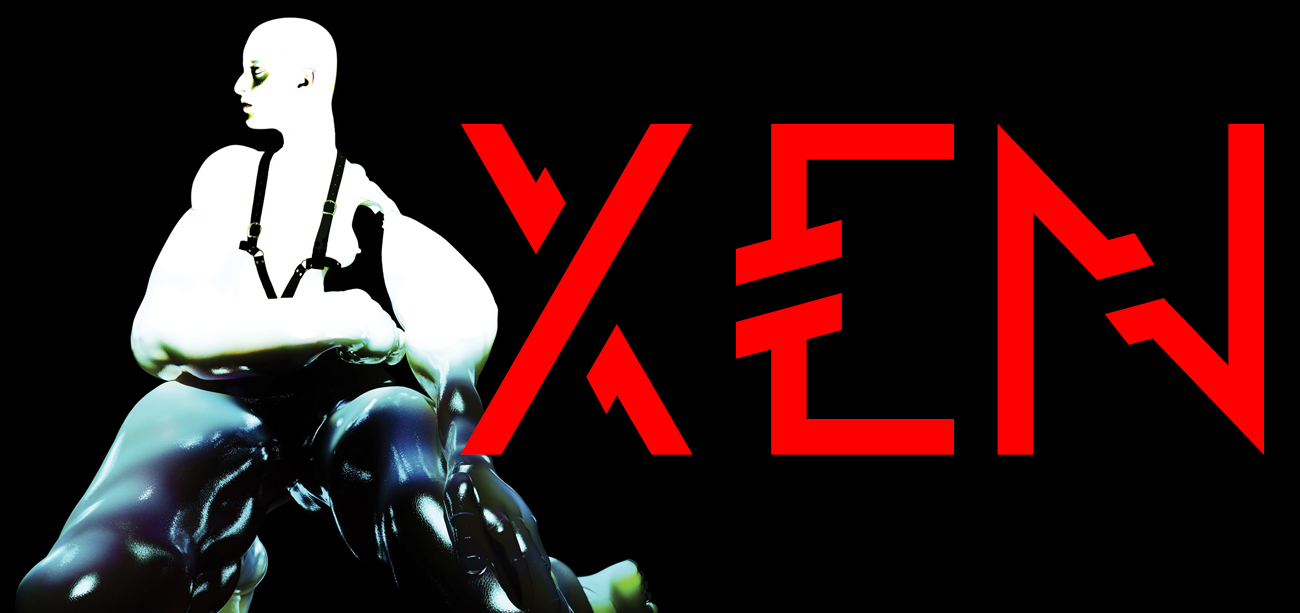



With his new album Mutant, experimental electronic maestro Alejandro Ghersi continues to use his ever-morphing sounds to break down binaries while delving deep into the flickering limbos between healing and chaos, masculine and feminine, and beauty and the grotesque.
Not two minutes into our conversation, Alejandro Ghersi is already talking about labyrinths. There’s one in Barcelona he says I must visit, where a topiary maze is pocked with ruined-looking neoclassical sculptures. "It's overgrown and mossy and green,” he says. “A really special place.”
His enthusiasm for such a locale is fitting. The music he records as Arca often feels both fungal, like a post-apocalyptic future as seen from a spore's point of view, and labyrinthine. It’s this evocative and spontaneous quality that has attracted collaborators like Kanye West, Björk, and FKA twigs, and some of his most exciting work so far has taken the form of long, undulating solo compositions full of sidewinding synthesizer melodies and beats that fold in upon themselves. His 2013 mini-album &&&&& stuffed 14 movements into an unbroken, 25-minute stretch; then there was this year’s Sheep, a seesawing runway score that shape-shifted across African chants, European choral music, slow-motion car-crash beats, and the wailing of wooly livestock


The Venezuelan-born producer Alejandro Ghersi, aka Arca, has got a handful of releases to his name so far, including 2012's Stretch 1 and Stretch 2, a pair of bewildering EPs that threaded glassy digital synths with sped-up vocals and chopped'n'screwed stutterbeats, all as twisted and contorted as the weird, milky appendages pictured on their sleeves. Beyond that, though, Arca is best known as a next-generation super-producer, or a potential one, anyway. He's already produced some of FKA twigs' best work, he's co-producing Björk's next album, and he had a hand in four songs on Kanye's Yeezus.
Ghersi's proper debut album, Xen, named for his ambiguously gendered alter ego, shows that his brush with the big time has not softened him. Kick drums stutter and stumble; rhythmic patterns fall apart in mid-song. A few of the beat-oriented tracks, like "Fish", have come completely untethered from the rigid grid that usually governs electronic music's timekeeping.
Sounding like a hardstyle rework of Laurie Anderson's "O Superman" made with a broken MIDI clock, it flaps at the edges like a tarp with a busted tent pole. Aside from a few relatively placid sketches recalling Harold Budd or Vangelis' Blade Runner soundtrack, the palette tends to emphasize hammered metal, broken glass, and melted plastic; plucked tones and bent notes and nails-on-a-chalkboard sheets of dissonance. (The strident synths of "Tongue" sound like they've been inspired by the shower scene in Psycho.) Taken as a whole, it is an album about unstable unities, things that cannot easily hold together, wholes breaking to pieces and being put back together again in new and unfamiliar shapes.